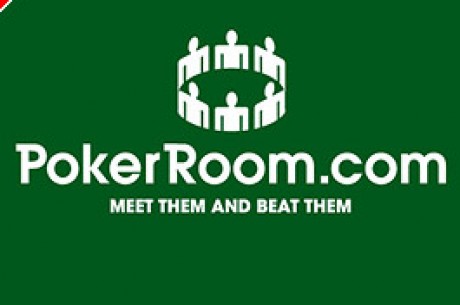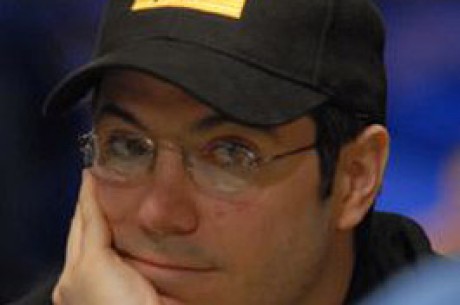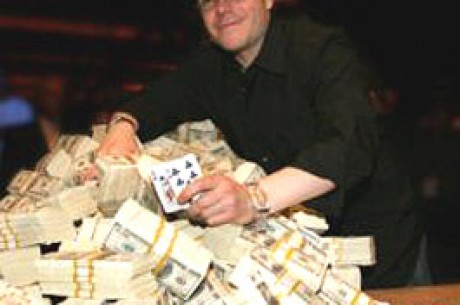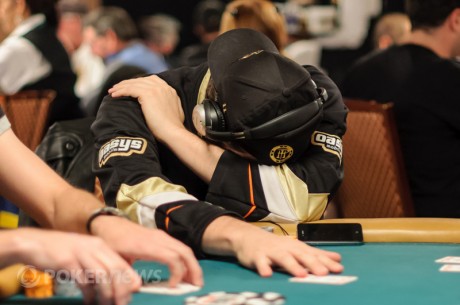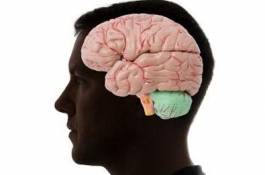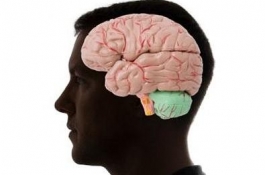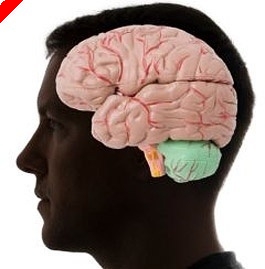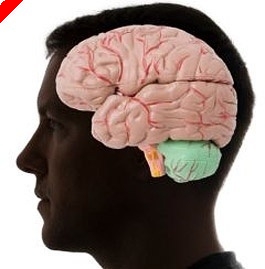The Poker Shrink �C Volume 1 �C Too Much Poker is no Good
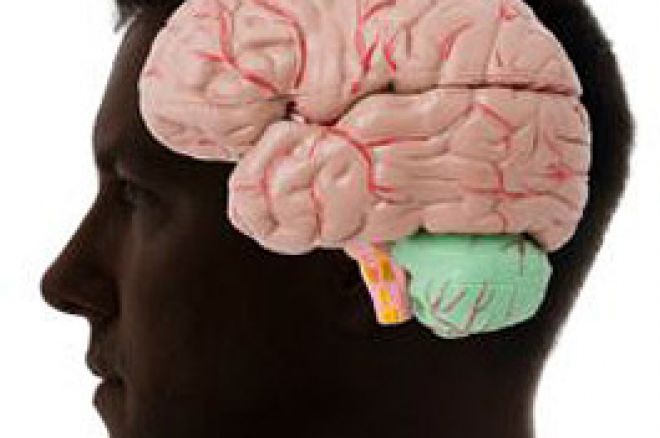
The 2006 World Series of Poker is forty-seven days long. If you happen to be WSOP staff it's even longer. Some media jobs do not include days off and for the players it can literally be more than six weeks of playing poker every, single day. Is it any wonder that along about the end of week six a massive, pervasive clinical depression sets in to all corners of the poker community?
The first day of the Series there is nothing but good thoughts, grand resolve and high hopes. But a month or more later the reality is that less than forty players have 2006 WSOP bracelets on their arms. Hundreds of recognizable professional players have exactly zero money finishes and dozens more have some cash but no final tables and no championship. The dealers are tired, the staff is cranky and overworked; the media, well these folks tend to work on the edge to begin with, so it's no surprise that more and more harsh thoughts and words are exchanged.
The number of floor calls seems to go up everyday, more player penalties are given, more disputes at the registration window, the line grows at the player complaint desk, and I even witnessed a nasty argument over cold French Fries in the Poker Kitchen. What is going on here? Has this become the Weird Series of Paranoia?
Well, a group diagnosis is quite simple. A large group of people have been repeating the same activities day after day after day for weeks on end. Over 90% of the one critical sub-segment of this community (the players) is guaranteed to have a bad result every single day. This result means not only the loss of money and therefore a negative salary but also the non-attainment of their goals and even their dreams. Players are the dominant group in this micro society and as a whole they will always have a bad result to cope with. Add to that the complete lack of a support system for most of the players and is it any wonder that everyone seems to be a bit out of sorts.
There - I have just diagnosed nine or ten thousand people as clinically depressed. Now clearly this is not the case, there are many players and staff who are doing just fine and it is interesting and perhaps informative to see just how these individuals are coping with the depths of the World Series experience.
The high functioning sub-group who actually enjoy the whole Series experience has several traits in common. First, they do not live poker 24/7; they leave the grounds of the Rio Suites Hotel and Casino. They interact with people outside of the poker community and when they are with members of this community they actually talk about things other then poker. They generally eat well, exercise, get adequate sleep and limit their consumption of alcohol and drugs. In other words, those who are not depressed put themselves and their well-being ahead of the game of poker, whether that is their job or their hobby.
Depression strikes many people. Two of the most common manageable causes are job stress and money stress. If your job is poker and your livelihood comes from poker winnings. You just might be subject to job related depression.
Many people experiencing depression feel like they have no energy and can't concentrate. Others feel irritable all the time for no apparent reason. These symptoms tend to build over several weeks. Coping with even low-level depression is critical because it affects your work and if your work is playing poker, a spiral of depression can be the ultimate "tilt" to your game.
The very first question I ask a player who is experiencing any symptoms is: "Tell me what you are doing besides playing poker?"
Many players move into the Rio for the duration of the World Series. They live here, they play here, they eat here and they only go off-site to attend poker functions or to play poker at another cardroom in town. Most days during the Series it's over 105 degrees in Las Vegas, so there is a perfect excuse not to take a walk or get out in nature. Exercise is available in the many hotel gyms and spas but "they are always so crowded." Finding healthy food is really only a minor challenge these days but the fast food, fried food option is ever present and, of course, drinks are free in any card room you choose to play.
Players get in a cycle of all poker all the time, which means in tournament poker, they have a negative expectation of something like 91% every time they go to work. No wonder some people are depressed after a month of this relentless series of tournament action. Depression can hurt your game and begin a long, downward spiral that can affect every aspect of your life. The cure is just outside the card room, the key is you have to get up and walk outside.
Questions and Comments to: [email protected]
Ed Note: Get up, and walk outside for at least five minutes a day when you play at at Pacific Poker

